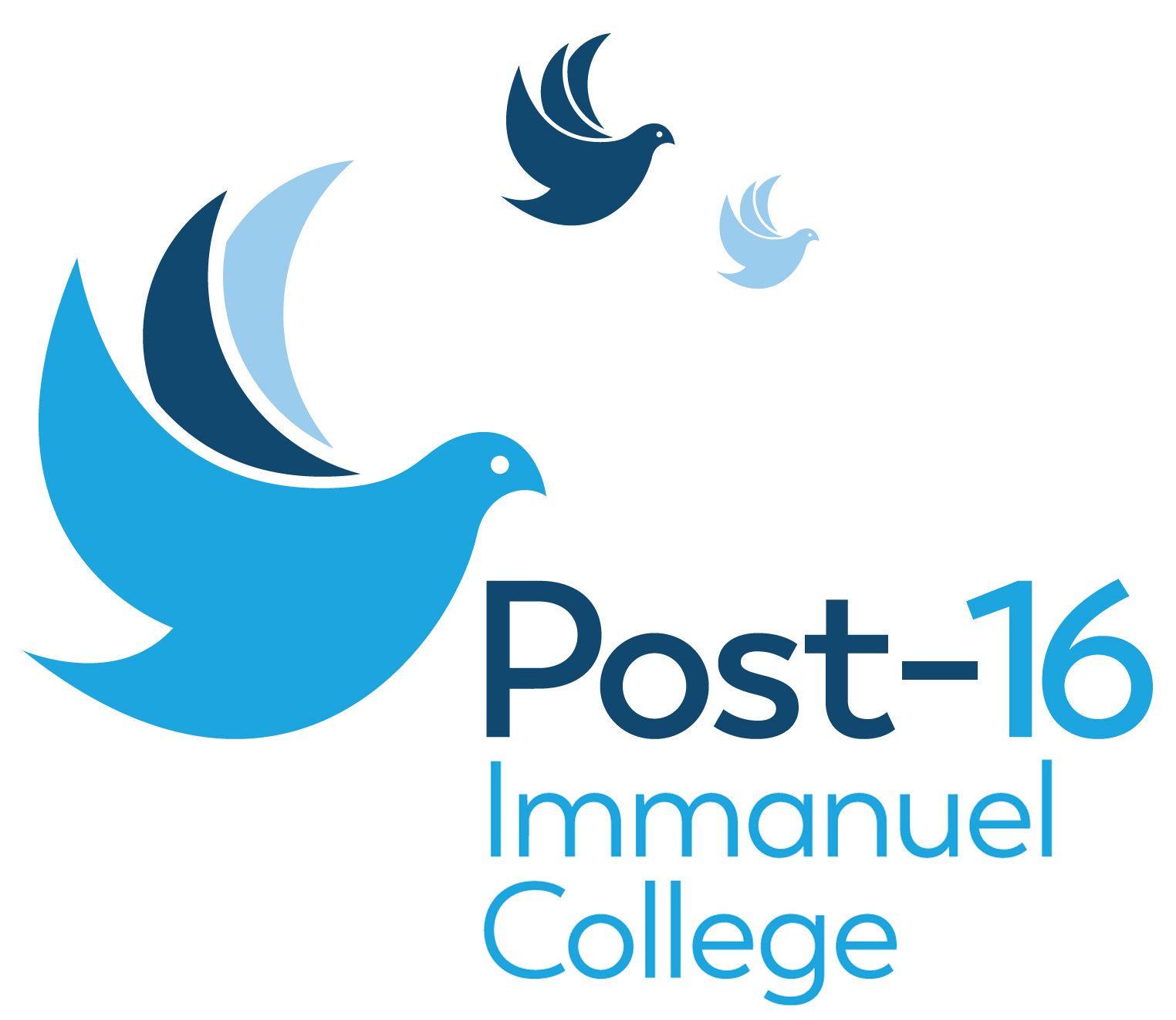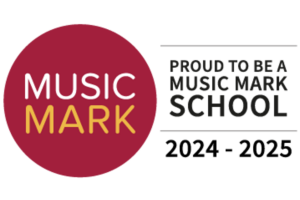
- Overview
- Welcome from the Headteacher
- Post-16 Team
- Admissions
- Post-16 Prospectus
- Subjects
- English Language & Literature
- English Literature
- Maths
- Further Maths
- Biology
- Chemistry
- Physics
- Applied Science (Applied General)
- Art
- Criminology (Applied General)
- Drama & Theatre
- Film Studies
- French
- Geography
- History
- IT (Applied General)
- Law
- Law (Applied General)
- Media Studies
- Music
- Music (Applied General)
- National Extended Certificate in Uniformed Protective Services (Applied General)
- Philosophy, Theology, Ethics - Religious Studies
- Photography
- Psychology
- Sociology
- Spanish
- Sport (Applied General)
- Technical Business (Level 3 - Extended Certificate)
- Travel and Tourism (Applied General)
- Hospitality (Level 2)
- Leadership through Sport (Level 2)
- Public Services (Level 2)
- Employability
- Maths and English GCSE Resit
- Student Leadership
- Results & Student Progression
- Trips & Opportunities
- Charity Work
- Our Facilities
- New Build
- Enrichment
- FAQs
- Exams Information
- Year 10 Information Evening
- Go Higher West Yorkshire
Philosophy, Theology, Ethics - Religious Studies
Why choose this subject?
This subject is highly regarded by employers and all universities and can be used for entry on to any course. It grows in students their higher order thinking skills, develops sophisticated communication skills and an ability to evaluate important issues that go to the heart of the questions about meaning and purpose in our lives. The course follows on well from GCSE but takes the topics to greater depth. It covers a range of philosophical topics such as “does God exist, and if He does why do we live in a world of evil and suffering?” Ethical units look at what does it mean to live and how do we know what is right and wrong?
For example is what is right and wrong today the same as in the past? There is also an in-depth study of Christianity where students learn about the religion’s impact on our history and culture.
What will you study?
Over the two years you will look at the Philosophy of Religion and Ethics. The A Level programme also looks at various religions including; Buddhism, Christianity, Hinduism, Islam and Judaism.
How is this course assessed?
AS Level
Paper 1: Philosophy and Ethics (two hours)
Paper 2: Christianity (one hour).
A Level
Paper 1: Philosophy and Ethics (three hours)
Paper 2: Philosophy, Ethics, Christianity (three hours).
![]()
Philosophy, Ethics and Religion intent
We are concerned with the deep meaning and purpose that individuals and groups seek in their lives. Students will develop the wisdom to evaluate different approaches to this for their place in society. This is part of the school’s drive to provide a broad and balanced education that nurtures and equips the whole child within a faith framework. It nourishes aspiration for hope in and beyond school:
Students have opportunities to reflect upon the mysteries of life and its spiritual dimensions. They will learn that faith and hope are central to believers in these mysteries2. Students will learn that the Christian concept of hope is not a vague wish but a confident belief in a future good or inheritance. This hope can be applied to their own aspirations in life as well as in eternal terms. Central to religious education in a Church school is knowledge of Christianity as a living and diverse faith focused on the teachings of Jesus. Students will come to recognise the continuing influence of religions on Britain’s cultural heritage and understand Christianity as a foundational force in the history of their country. Through our curriculum they will learn how that force has been used for good and take inspiration for their own courageous advocacy developing character and understanding5.
Spiritual, moral, social and cultural development takes place through the study of a range of world faiths and dialogues into the human condition and experiences. Students will understand that the search for these ideas helps us with living well, knowledge and understanding the influence of beliefs, traditions and values on different communities enables students to be ready for the diversity of life in modern Britain and to grow in respect for different ways of life, affording individuals and communities the dignity they deserve3.
By broadening their horizons we endeavour to prepare them capable of becoming valuable citizens able to positively contribute to their immediate community and beyond8. Within a community that is concerned with the wellbeing of others and welcoming of the worldviews of others, students will be able to make confident choices about spiritual matters and grow secure in their own identity because they have learned to make reasoned and informed judgements in a safe space. Through perseverance students will develop include philosophical and ethical enquiry, critical analysis, interpretation, evaluation, reflection, communication both written and verbal, empathy, abstract thinking and compassion9.
2 Mark 1:10-11 – ‘As Jesus was coming out of the water, Jesus saw heaven being torn open and the Spirit descending on him like a dove. And a voice came from heaven: “You are my Son, whom I love; with you I am well pleased.”
3 Galatians 3:26 – ‘In Jesus you are all children of God through faith.
5 Mark 10:45 – Jesus said, ‘For the Son of Man did not come to be served, but to serve.’
8 Philippians 4:8 – ‘whatever is true, whatever is noble, whatever is right, whatever is pure, whatever is lovely, whatever is admirable—if anything is excellent or praiseworthy—think about such things.’
9 John 10:10 – Jesus said, ‘I have come that they may have life and have it abundantly.’








